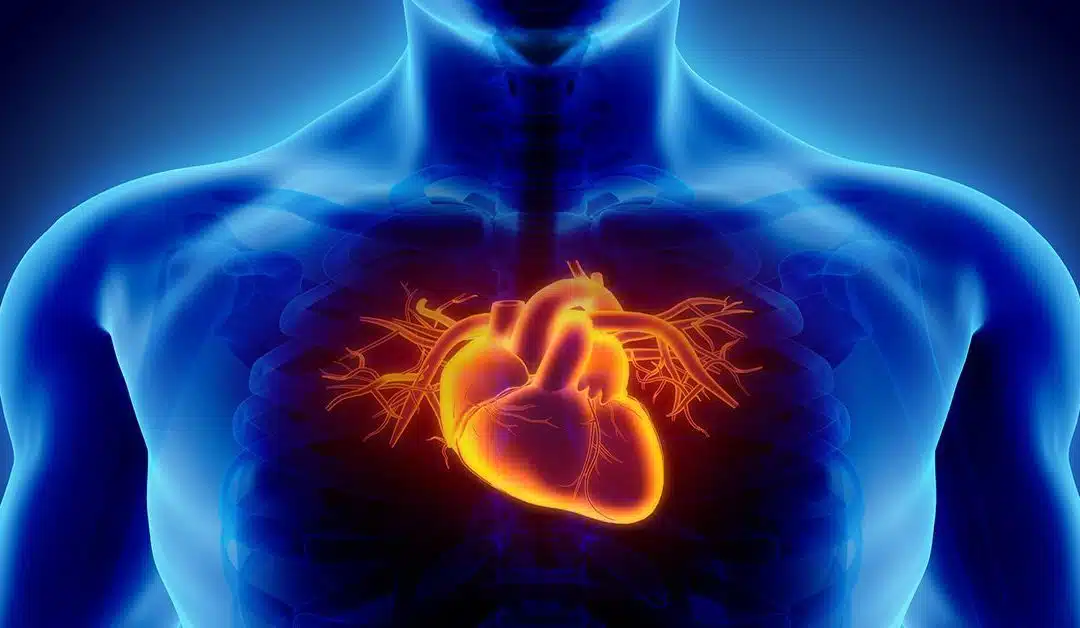Yo-yo dieting, also known as weight cycling, is a pattern of losing and regaining weight repeatedly. It’s a common phenomenon that many individuals experience when trying to achieve their desired body weight. While the initial weight loss may seem promising, the cycle of regaining the lost pounds can be frustrating and potentially harmful to one’s overall health, particularly gut health.
In this article, we’ll delve into the impact of yo-yo dieting on gut health, exploring the intricate relationship between our dietary habits and the delicate balance of our gut microbiome. We’ll also discuss the potential role of probiotics in mitigating the effects of yo-yo dieting and provide practical tips for maintaining a healthy gut while pursuing sustainable weight management.
As we navigate through this topic, it’s essential to understand that weight loss and weight management are complex processes influenced by various factors, including genetics, lifestyle, and psychological well-being. Yo-yo dieting can be a vicious cycle, but by gaining knowledge and implementing sustainable strategies, we can break free from its grip and prioritize our overall well-being.
How Yo-Yo Dieting Affects the Gut Microbiome
The constant fluctuations in dietary patterns and caloric intake associated with yo-yo dieting can have a profound impact on the gut microbiome [1-3]. Here are some ways in which yo-yo dieting can disrupt the delicate balance of gut bacteria:
- Dietary Shifts: Drastic changes in dietary patterns, such as switching between highly restrictive diets and periods of overeating, can alter the composition and diversity of the gut microbiome [1]. This can lead to an imbalance in the ratio of beneficial and harmful bacteria, potentially contributing to digestive issues, inflammation, and other health problems [3].
- Caloric Restriction: Periods of severe caloric restriction during yo-yo dieting can starve the gut microbiome of essential nutrients, leading to a decrease in bacterial diversity and an overgrowth of potentially harmful species.
- Stress Response: The stress associated with frequent dieting and weight fluctuations can trigger the release of stress hormones, such as cortisol, which can disrupt the gut-brain axis and alter the gut microbiome composition.
- Nutrient Deficiencies: Restrictive diets often associated with yo-yo dieting can lead to nutrient deficiencies, which can negatively impact the gut microbiome and its ability to perform essential functions.
Can Probiotics Help with Yo-Yo Dieting Effects?
While research on the specific effects of probiotics in mitigating the impact of yo-yo dieting on gut health is still ongoing, there is evidence suggesting that probiotics may play a supportive role in maintaining a healthy gut microbiome during periods of dietary fluctuations [3].
Here are some potential ways in which probiotics may help:
- Restoring Gut Microbiome Balance: Probiotics can help replenish the beneficial bacteria in the gut, potentially counteracting the imbalances caused by yo-yo dieting.
- Enhancing Nutrient Absorption: Certain probiotic strains can aid in the absorption of essential nutrients, which may be compromised during periods of caloric restriction or imbalanced diets.
- Reducing Inflammation: Probiotics have been shown to possess anti-inflammatory properties, which can help mitigate the inflammatory response associated with gut dysbiosis and dietary changes.
- Supporting Gut Barrier Function: Probiotics can help strengthen the gut barrier, preventing the leakage of harmful substances into the bloodstream and reducing the risk of inflammation and other health issues.
However, it’s important to note that the effectiveness of probiotics may vary depending on the specific strains used, the duration of supplementation, and individual factors such as diet, lifestyle, and overall health status.
Tips for Maintaining a Healthy Gut while Dieting
While yo-yo dieting can have detrimental effects on gut health, there are strategies you can implement to support a healthy gut microbiome while pursuing weight management goals:
- Adopt a Balanced and Varied Diet: Aim for a diet rich in fiber-rich foods (e.g., fruits, vegetables, whole grains), which can nourish the beneficial gut bacteria. Incorporate fermented foods like yogurt, kefir, and sauerkraut, which are natural sources of probiotics.
- Avoid Extreme Caloric Restriction: Instead of drastic calorie cuts, focus on creating a moderate calorie deficit through balanced and sustainable dietary changes.
- Stay Hydrated: Adequate water intake is essential for maintaining a healthy gut environment and promoting regular bowel movements.
- Manage Stress Levels: Stress can negatively impact gut health, so prioritize stress management techniques like mindfulness, meditation, or exercise.
- Consider Probiotic Supplementation: While not a substitute for a balanced diet, probiotic supplements may help support gut health during periods of dietary changes. Consult with a healthcare professional for personalized recommendations.
- Prioritize Sleep and Exercise: Adequate sleep and regular physical activity can positively influence gut health by reducing inflammation and promoting overall well-being.
By implementing these strategies, you can support a healthy gut microbiome while pursuing sustainable weight management goals, reducing the potential negative impacts of yo-yo dieting.
Long-Term Effects of Yo-Yo Dieting on Gut Health
While the immediate effects of yo-yo dieting on gut health are concerning, the long-term consequences can be even more severe [3]. Chronic disruptions to the gut microbiome can lead to various health issues, including:
- Increased Risk of Metabolic Disorders: Imbalances in the gut microbiome have been linked to an increased risk of metabolic disorders, such as obesity, type 2 diabetes, and cardiovascular disease.
- Compromised Immune Function: A dysbiotic gut microbiome can impair immune function, making individuals more susceptible to infections and autoimmune diseases.
- Gastrointestinal Disorders: Chronic gut dysbiosis can contribute to the development or exacerbation of gastrointestinal disorders like inflammatory bowel disease (IBD), irritable bowel syndrome (IBS), and small intestinal bacterial overgrowth (SIBO).
- Mental Health Issues: The gut-brain axis is a bidirectional communication pathway between the gut and the brain. Disruptions in the gut microbiome have been associated with an increased risk of mental health disorders, such as anxiety and depression.
- Nutrient Deficiencies: Long-term imbalances in the gut microbiome can impair nutrient absorption, leading to deficiencies in essential vitamins and minerals.
To avoid these long-term consequences, it’s crucial to break the cycle of yo-yo dieting and prioritize sustainable and healthy weight management strategies that support a balanced gut microbiome.
Final Thoughts
Yo-yo dieting can have significant negative impacts on gut health, disrupting the delicate balance of the gut microbiome and potentially contributing to various health issues. However, by understanding the importance of a healthy gut and implementing sustainable weight management strategies, we can mitigate these effects and promote overall well-being.
Adopting a balanced and varied diet, incorporating probiotics, managing stress, and prioritizing self-care are crucial steps in supporting a healthy gut microbiome. Additionally, breaking the cycle of yo-yo dieting and embracing a holistic approach to weight management can help prevent long-term consequences and promote lasting health and well-being.
Remember, true health is a journey, not a destination. By prioritizing sustainable and healthy weight management practices, you can nurture a balanced gut microbiome and experience the numerous benefits of a thriving gut ecosystem.
Sources
[1] Phuong-Nguyen, K., McGee, S. L., Aston-Mourney, K., Mcneill, B. A., Mahmood, M. Q., & Rivera, L. R. (2024). Yoyo Dieting, Post-Obesity Weight Loss, and Their Relationship with Gut Health. Nutrients, 16(18), 3170. https://doi.org/10.3390/nu16183170
[2] Phuong-Nguyen, K., O’Hely, M., Kowalski, G. M., McGee, S. L., Aston-Mourney, K., Connor, T., Mahmood, M. Q., & Rivera, L. R. (2024). The Impact of Yoyo Dieting and Resistant Starch on Weight Loss and Gut Microbiome in C57Bl/6 Mice. Nutrients, 16(18), 3138. https://doi.org/10.3390/nu16183138
[3] Hills, R. D., Pontefract, B. A., Mishcon, H. R., Black, C. A., Sutton, S. C., & Theberge, C. R. (2019). Gut Microbiome: Profound Implications for Diet and Disease. Nutrients, 11(7), 1613. https://doi.org/10.3390/nu11071613
https://www.webmd.com/diet/ss/slideshow-diet-yo-yo-diet-effect








